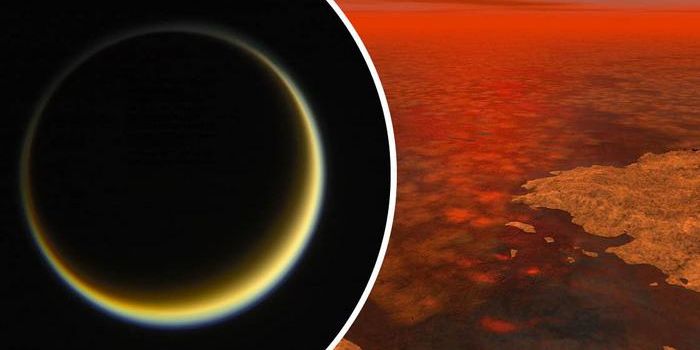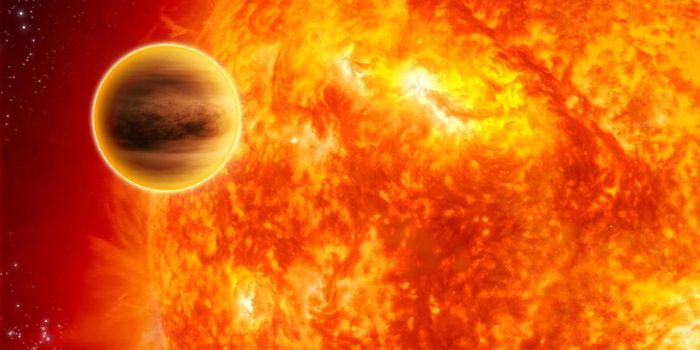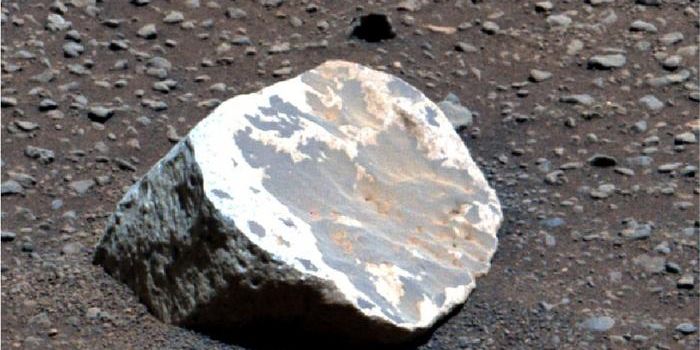A New Chemistry for Alien Life
What if alien life on other planets didn’t need liquid water to exist? This is what a recent study published in the Proceedings of the National Academy of Sciences hopes to address as a team of researchers investigated how habitable exoplanets once deemed inhospitable for life could harbor the necessary ingredients despite lacking liquid water. This study has the potential to help scientists better understand previously unexplored conditions for life beyond Earth, even life as we don’t know it.
For the study, the researchers conducted a series of laboratory experiments to analyze ionic liquids, which are salts capable of existing in liquid form at temperatures below 100 degrees Celsius (212 degrees Fahrenheit), which is the standard temperature where water starts to boil. The ability for ionic liquids to exist at high temperatures and low pressures means they could potentially exist on rocky exoplanets that have been too inhospitable for life as we know it. In the end, the researchers found that ionic liquids are comprised of a combination of sulfuric acid and nitrogen-containing organic compounds, which have been identified throughout our solar system, specifically sulfuric acid being formed under volcanic conditions.
“We’re envisioning a planet warmer than Earth, that doesn’t have water, and at some point in its past or currently, it has to have had sulfuric acid, formed from volcanic outgassing,” said Dr. Sara Seager, who is a Professor of Physics in the Department of Earth, Atmospheric and Planetary Sciences at the Massachusetts Institute of Technology and a co-author on the study. “This sulfuric acid has to flow over a little pocket of organics. And organic deposits are extremely common in the solar system.”
This study comes as the number of confirmed exoplanets by NASA is approaching 6,000, with 219 of them being designated as terrestrial exoplanets. While several of these terrestrial exoplanets have been determined to have temperatures that far exceed tolerable conditions on Earth, this recent study demonstrates how life could exist in the unlikeliest of conditions.
What new discoveries regarding ionic liquids will researchers make in the coming years and decades? Only time will tell, and this is why we science!
As always, keep doing science & keep looking up!
Sources: Proceedings of the National Academy of Sciences, EurekAlert!
Featured Image: Artist's illustration of a rocky exoplanet. (Credit: NASA/JPL-Caltech/R. Hurt (IPAC))








